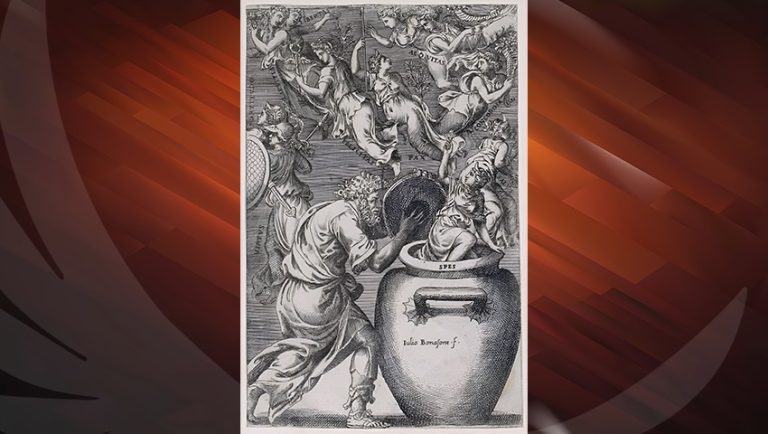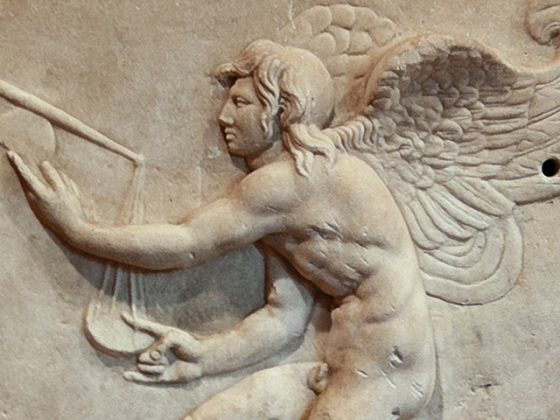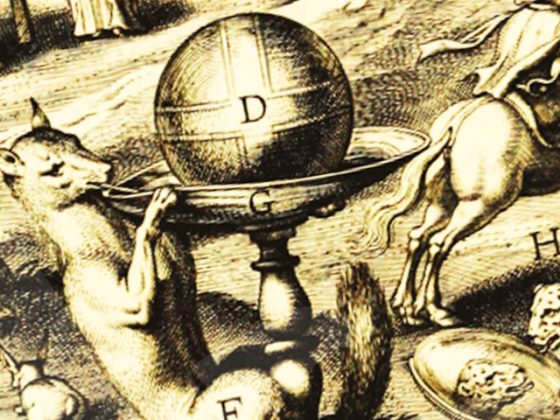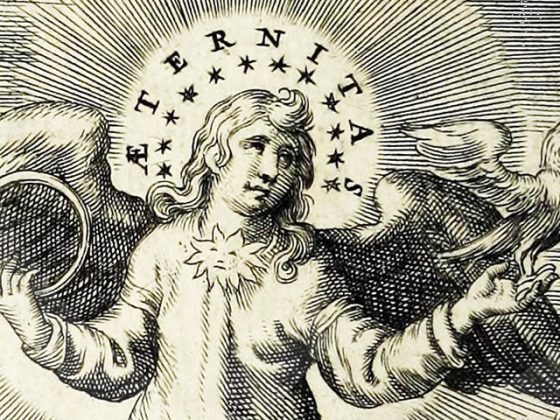Dearly beloved friends:
I am approaching you to send you this engraving entitled…
…EPIMETHEUS OPENING PANDORA'S BOX
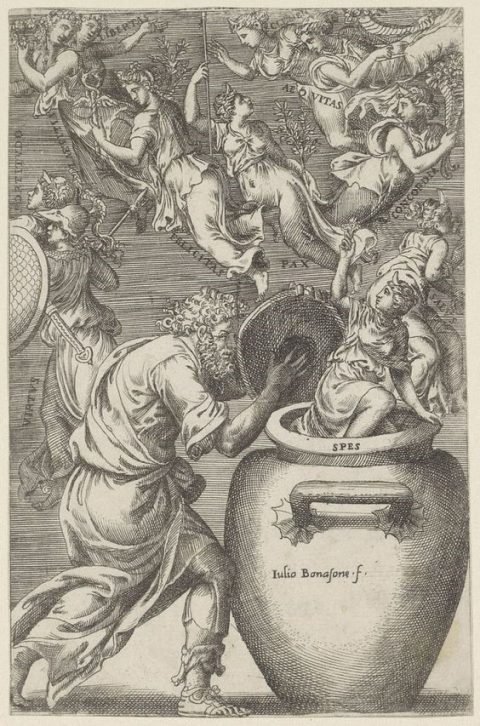
This artwork belongs to Giulio Bonasone, an Italian painter who was active between 1531 and 1576. This painter lived in Rome and Bologna, Italy.
First of all, dear friends, allow me to give a brief historical-mythological review of this engraving.
A variant of the myth reads as follows:
“Epimetheus was one of the titans of Greek mythology. In Greek, his name means ‘thought that comes too late', or ‘he who thinks after he has done something', unlike Prometheus, ‘he who thinks before he acts'.
After the Olympians created animals and men, Zeus commissioned Prometheus and Epimetheus to distribute the heavenly gifts to the new beings. Taking charge of the whole task, Epimetheus wasted the gifts on the animals leaving nothing for the humans, thus leaving them helpless in the fight for life. The situation was saved by Prometheus, who stole Hephaestus' fire and Athena's intelligence for the people.
Enraged by the audacity of Prometheus, Zeus used Epimetheus to avenge himself, who, seduced by Pandora, the woman modeled by Hephaestus and rejected by Prometheus, committed the imprudence of opening the box he received as a wedding gift from the Gods, thus spreading all human feelings and vices throughout the world.”
As Mircea Eliade so well put it in one of his works: “Mythology is the true history, because behind it are the authentic realities but expressed in an enigmatic way”. This engraving is one of the examples that the Romanian author talks about.
The great Zeus of Greek mythology is the equivalent for us, lovers of Gnosis, of the one we call Theomegalogos. Undoubtedly, it is He who opens and closes creation. Or, to put it another way, it is the Theomegalogos who opens or closes a Maha-Manvantara. When it is commented on this engraving that Epimetheus gave all the gifts that the holy Theomegalogos wanted to distribute among animals and human beings, and that, by carelessness, Epimetheus only gave these gifts to the animals, leaving the human beings defenseless in the face of life, it alludes to the fact of the mistakes made by the Cosmocrators at the dawn of creation.
Since the divine Theomegalogos entered into uncertainties, Prometheus stole the fire from Hephaestus –or Vulcan– and the intelligence from the goddess Athena, wanting to save humanity. However, faced with this situation or audacity of Prometheus, Zeus then again asks Epimetheus to intervene to correct the mistake that had been made earlier. The latter marries Pandora ─a woman who had been made by Vulcan─.
And, since the Gods had given Epimetheus a box full of virtues and vices as a wedding gift, Epimetheus makes the mistake of opening this box –shown here as an amphora– and it is for this reason that we see a series of virtues spring from this amphora. Why do we only see virtues? Answer: Because at the beginning of the Maha-Manvantara humanity enjoys the sacred attributes contained in the virtues. Later, when the angelic fall occurs, then the dualism between good and evil, between virtues and vices, is established in the soul of human beings.
We all know that Prometheus, mythologically, represents our inner Lucifer. That is why he is the one who steals the fire from Vulcan and the intelligence from the goddess Athena. With these two ingredients, obviously the human race could self-realize. However, Gnosis tells us that the Archons do not want humanity to be free and therefore prefer that the human masses remain trapped in the Samsara or wheel of fatalities of the Hindustanis.
It must also be understood that the woman fabricated by Hephaestus, or Vulcan, is nothing else than the mythical representation of the work in the Forge of Vulcan –sexuality– by the Cosmocrators at the beginning of the Maha-Manvantara. Each one of them, in his Heart Temple ─Gnosis tells us─, carried out a sacred copulation with his Buddhic counterpart and from this copulation arose the cosmic Arché from which future humanities would spring forth…..
Among the virtues that we can observe emerging from Pandora's box are the following:
- LIBERTAS ─liberty─.
- CLEMEN OR CLEMENTIA ─clemency─.
- FORTITVDE ─fortitude ─.
- LAETITIA ─ rejoicing ─.
- AEQVITAS ─equity─.
- FELICITAS ─happiness─.
- PAX ─peace─.
- CONCORDIA ─ harmony─.
- SALVS ─health─.
- VIRTVS ─virtue─.
- SPES ─hope─.
It is good to let all of you, esteemed readers, know that Epimetheus means ‘thought that comes late'. That is why he is the one who then tries to make amends for his mistake. This reminds us a little of the story that Gnosis tells us about the misuse of sexual fire by the Lemurian humanity –propitiated by the Angel Sakaki– and the correction of such a mess by the Angel Loisos. These are the desiderata behind all the innumerable mythological legends.
I now give you some sentences to reflect on:
“Cold and insipid is the consolation when it is not wrapped in some remedy.”
Plato
“If the moon did not exist, I do not know what would become of the dreamers, for the moonbeam enters the sad soul in such a way that, although it grieves it more, it floods it with consolation: a consolation full of tears, like the moon.”
Rubén Darío
“When real misfortunes wound us, the most effective consolation, though derived from the same source as envy, will be the contemplation of sufferings greater than our own, and, beside this, the frequent dealing with the persons who are in our situation, our companions in misfortune.”
Schopenhauer
“Consolation is an absurd word; he who cannot despair should not live.”
Goethe
“A bad state, when communicated, gets better.”
Garcilaso de la Vega
ITA EST VITA HOMINUM.
“Such is the life of men.”
KWEN KHAN KHU


